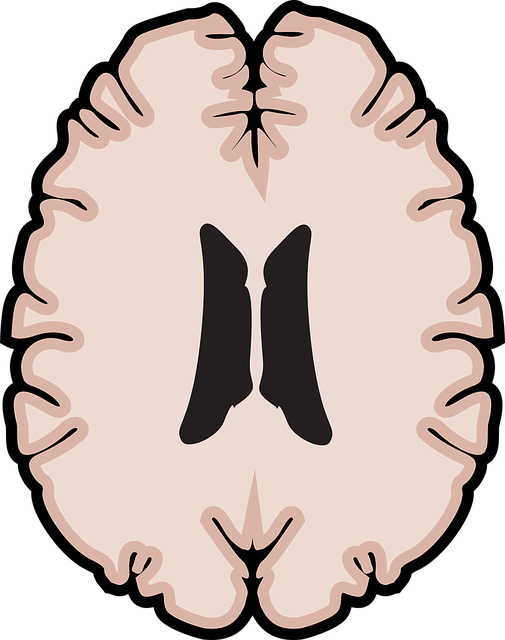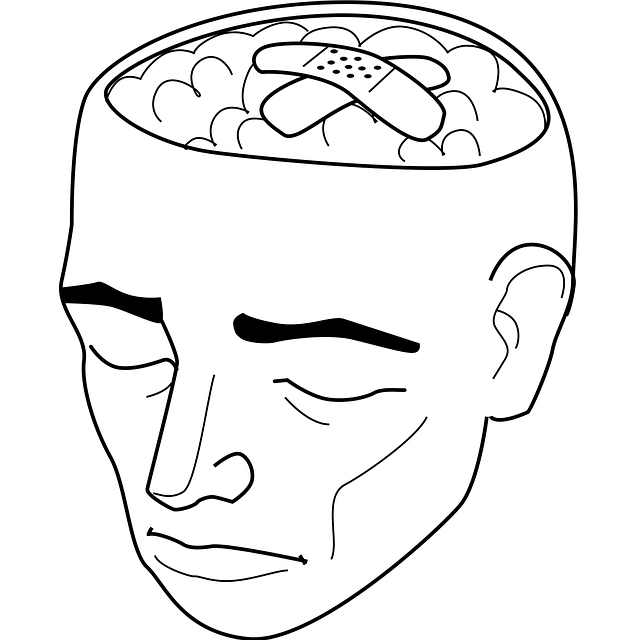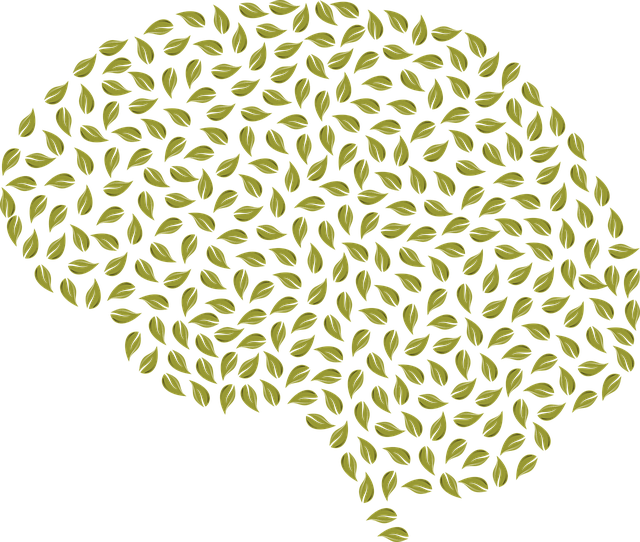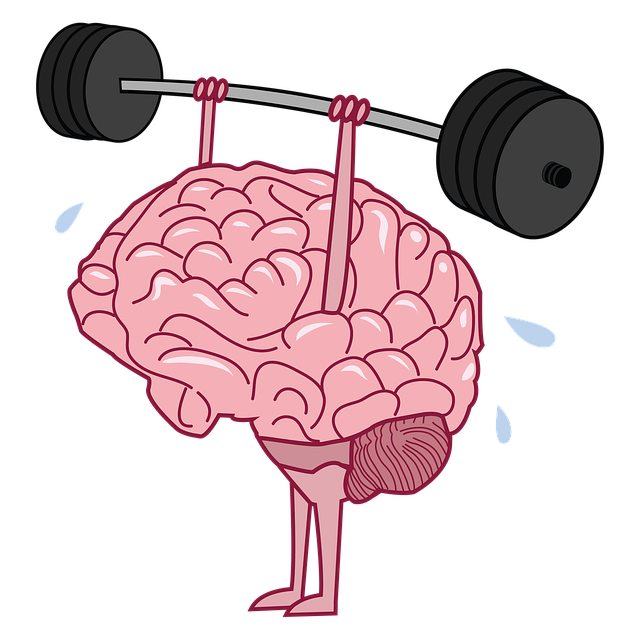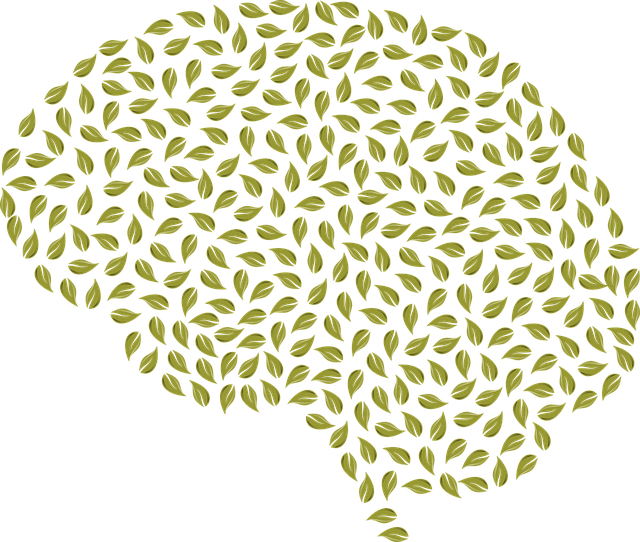Englewood Interpersonal Issues Therapy (EIIT) revolutionizes mental health education by breaking down stigma and normalizing conversations about emotions, empowering individuals to recognize their mental health needs. Through interactive workshops, seminars, and peer discussions, EIIT equips communities with knowledge about diverse mental experiences, fostering comfort in seeking help. For adolescents and adults, tailored programs address unique interpersonal challenges, incorporating tools like CBT, mindfulness meditation, and stress management techniques for long-term behavioral changes. Offering flexible formats like online webinars and group sessions, EIIT enhances open communication, resilience-building, and community support for better mental well-being.
Mental health education programs play a pivotal role in fostering well-being and tackling societal stigma. This article explores the intricate process of designing such initiatives, with a focus on the Englewood Interpersonal Issues Therapy approach. We’ll delve into breaking down mental health misconceptions, creating tailored educational modules for diverse audiences, and implementing strategies to enhance accessibility and engagement. By understanding the importance of early intervention and personalized learning, we can revolutionize mental health support through effective program design.
- Understanding Mental Health: Breaking Down Stigma and Misconceptions
- The Role of Englewood Interpersonal Issues Therapy in Program Development
- Designing Effective Educational Modules for Different Target Groups
- Implementation Strategies: Ensuring Accessibility and Engagement
Understanding Mental Health: Breaking Down Stigma and Misconceptions

Understanding mental health is a pivotal first step in designing effective education programs. Too often, interpersonal issues and hidden struggles go unnoticed or misunderstood. Englewood Interpersonal Issues Therapy highlights the importance of breaking down stigma and misconceptions surrounding mental health. By fostering open conversations, we can normalize discussions about emotions, challenges, and seek support without fear of judgment. This shift in perception is crucial for encouraging individuals to recognize their own mental health needs and actively participate in prevention strategies like burnout and depression prevention initiatives.
Mental Health Education Programs Design should aim to educate communities on the diversity of mental experiences. This involves recognizing that mental health issues are not personal weaknesses but rather complex biological, psychological, and social factors. Through interactive workshops, seminars, and peer-led discussions, we can empower individuals with knowledge about their minds, coping mechanisms, and resources available for support. Addressing misconceptions directly contributes to creating inclusive environments where everyone feels comfortable seeking help when needed, ultimately enhancing overall well-being.
The Role of Englewood Interpersonal Issues Therapy in Program Development

Englewood Interpersonal Issues Therapy (EIIT) plays a pivotal role in designing effective mental health education programs. This therapeutic approach emphasizes the interconnectedness of interpersonal relationships and their profound impact on an individual’s emotional well-being, a key aspect often overlooked in traditional mental health awareness initiatives. By incorporating EIIT principles, program developers can create more holistic and impactful educational content.
The therapy’s focus on identifying and addressing interpersonal issues helps foster better emotional regulation, which is crucial for depression prevention. This approach encourages participants to explore their interactions with others, promoting self-awareness and understanding of how these dynamics influence mental health. As a result, EIIT contributes to the development of robust programs that not only educate but also empower individuals to navigate and improve their interpersonal relationships, thereby enhancing overall mental health awareness and resilience.
Designing Effective Educational Modules for Different Target Groups

Effective educational modules for mental health programs should be tailored to specific target groups, addressing their unique needs and challenges. For instance, a module designed for adolescents experiencing interpersonal issues might incorporate interactive games and peer-to-peer discussions facilitated by trained professionals, such as those offered by Englewood Interpersonal Issues Therapy. This approach engages young minds while fostering open conversations about emotional well-being.
On the other hand, programs targeting adults seeking to enhance their mental wellness could benefit from more structured sessions focusing on practical tools for stress management and mood regulation. These modules can incorporate techniques like mindfulness meditation, cognitive behavioral therapy (CBT) strategies, and confidence-boosting exercises, which are often integral components of Mental Wellness Coaching Programs Development. By tailoring content to different demographics, educators ensure that the information is both relevant and impactful, fostering meaningful participation and long-term behavioral changes.
Implementation Strategies: Ensuring Accessibility and Engagement

Implementing a mental health education program requires a strategic approach to ensure its effectiveness and accessibility. One key strategy is to create an inclusive environment that caters to diverse learning needs. This involves offering flexible formats, such as online webinars, group sessions, or even personalized coaching, allowing individuals with varying schedules and preferences to engage. For instance, incorporating Englewood Interpersonal Issues Therapy techniques into the curriculum can be a powerful tool for fostering open communication and building resilience.
Engaging participants actively is another essential aspect. Interactive workshops, peer discussions, and practical exercises can make learning fun and memorable. Encouraging learners to share their experiences related to anxiety relief or resilience building creates a supportive community. Additionally, leveraging multimedia resources, including video demonstrations and the Mental Wellness Podcast Series Production, can provide diverse learning opportunities. These strategies collectively contribute to a comprehensive mental health education program that resonates with its audience.
Mental health education programs, guided by evidence-based practices like Englewood Interpersonal Issues Therapy, hold the key to fostering understanding and breaking down stigma. By tailoring educational modules for diverse target groups, we can create inclusive spaces that promote awareness, empathy, and engagement. Implementation strategies that prioritize accessibility and active participation ensure these programs resonate with learners, ultimately contributing to a healthier, more supportive society.

